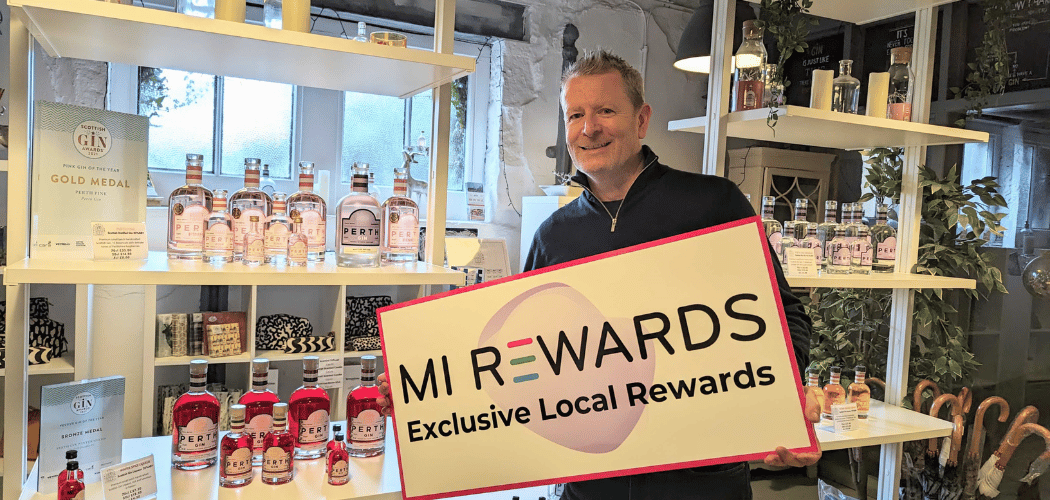Five key enhancers of the customer experience
With economic conditions heightening consumer sensitivity around purchasing decisions, retailers that design differentiated 'experiences' around their products and services can drive growth, profitability and lasting consumer loyalty, while also maintaining a price premium over competitors, according to a report by PwC US.
The study, entitled 'Experience Radar 2011: Retail Insights', measured the experiences of more than 6,000 US consumers across 11 industries, and concluded that consumer loyalty is born from shopping experiences that create strong psychological connections, rather than from points or rewards programmes alone.
After examining five core consumer experience attributes - accessibility, support, quality, presentation and social belonging - the report suggested that retailers should focus on enhancing service through investing in knowledgeable staff and leveraging front-line employees.
"In today's economy, retailers must identify new ways to set themselves apart, and that begins with a clear focus on customer experience," said Susan McPartlin, PwC's US retail & consumer industry leader. "A single purchase experience can leave a lasting impact on how the consumer identifies with the retailer, so it's imperative that retailers enhance how they serve customers to minimize potential hurdles from beginning to end."
According to the study, product knowledge and recommendations accounted for almost one third of good experiences related to support, while only one percent of shoppers cited rewards programmes alone as influencing their purchase decisions. According to PwC, retailers should consider developing an experience action plan built upon their loyalty programme's customer knowledge that strives to achieve five key 'experience enhancers', as follows:
- Focus first and foremost on shopper experience Use front-line staff to create experiences that result in psychological connections with consumers. Invest in service by training knowledgeable staff to help affirm consumer purchase decisions and to prevent buyers' remorse.
- Make customers brand ambassadors Consumers who experience a positive shopping experience can be the best marketers for retailers, while a single, bad experience can cause widespread damage. Identify, incentivise and promote brand ambassadors.
- Help consumers avoid risk Attract new customers by helping them overcome psychological hurdles. Overcome shoppers' worries about losing money on shipping, and press the emotional hot-button of free things. Reduce consumer purchase anxiety with flexible return policies.
- Embrace the anytime, anywhere economy With consumers shopping both online and offline, understand their shopping preferences before the competition does. Develop a multi-channel strategy that makes it easy for consumers to shop online, offline, at home or in stores.
- When something bad happens, fix it Provide customers with feedback channels as it may not be obvious that they are unhappy until they leave. Make sure that they are happy with the results - an apology may be enough to create an evangelist.
"Customers are social beings, seeking connection and community," explained Lisa Feigen Dugal, PwC's US retail & consumer practice advisory leader. "When retailers move beyond solely relying on points and develop experiences based on what's most important to consumers, you not only drive loyalty, but you create ultimate brand ambassadors who spread the word on their positive experiences."
More Info:




